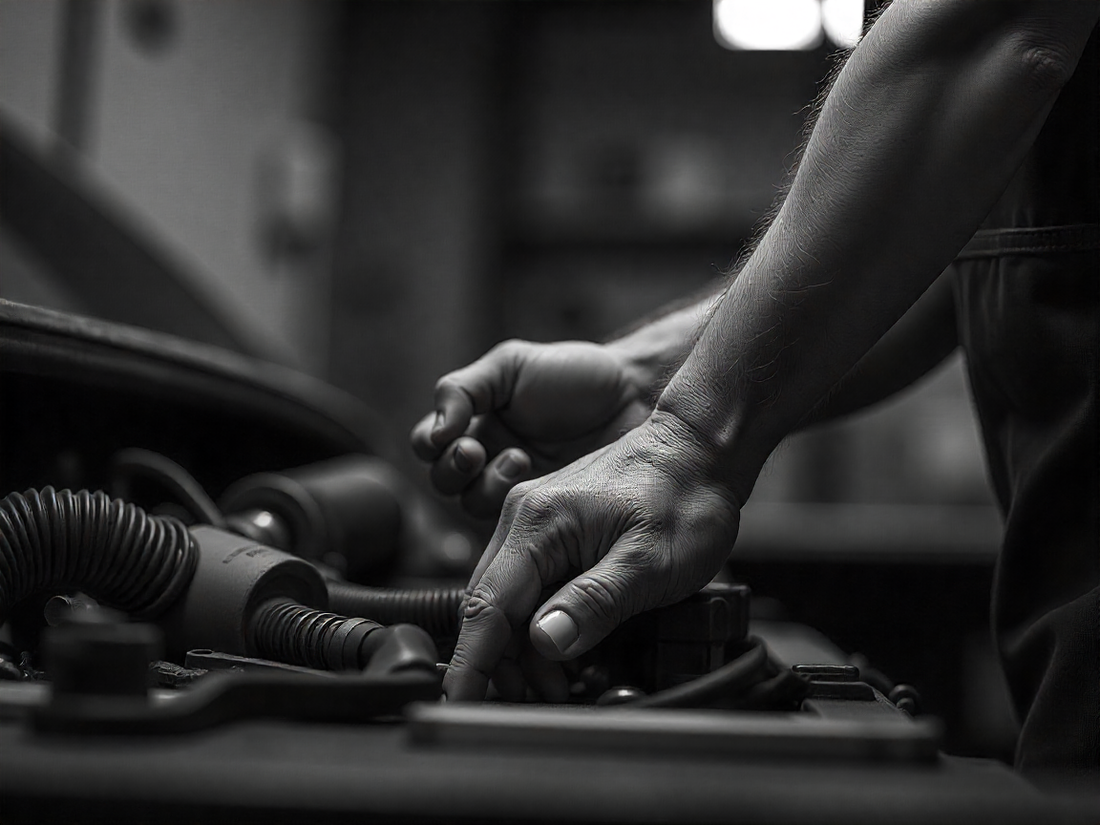Diesel fuel was the liquid in the first high-pressure fluid injury, which occurred in 1925. In essence, a high-pressure stream of fluid pierces your skin and becomes trapped underneath. Additionally, the fluid may be hydraulic fluid, paint, oil, grease, diesel, or water. These fluid injuries are typically caused by pinhole leaks that cause speeds exceeding 600 feet per second. Additionally, skin penetration may happen up to 4 inches from the leak.
What Makes Injecting Hydraulic Fluid Dangerous?
One particular kind of high-pressure fluid injury is hydraulic fluid injection. Sometimes it will appear as a cut or a tear in the skin, but at first it will just feel like a wire prick or bee sting, and the injury site may be so small that it resembles a pin prick. After injecting hydraulic fluid, you will likely experience some swelling, pain, and redness within a few hours. Furthermore, hydraulic fluid does contain harmful chemicals that can destroy human tissue, which exacerbates the situation. You may experience some numbness or throbbing after six hours, and you may have to have your fingers or possibly your hand amputated.
What hydraulic fluid injection can accomplish is as follows:
- Infection with bacteria that causes blood poisoning
- Long-term harm to nerves, tendons, and blood vessels
- Syndrome of Compartment
- Dead tissues
- Ignoring hydraulic fluid injection injuries can lead to death.
**What to Do After a Hydraulic Fluid Injection Incident**
If you experience a hydraulic fluid injection, it's important to take immediate action. Here’s a clear guide on what to do next: Experience a hydraulic fluid injection. It's important to take immediate action. Here’s a clear guide on what to do next: First of all, if you have come into contact with pressurized hydraulic fluid, do not disregard it. Even though issues don't always arise right away, you should still see a doctor as soon as possible. Since hydraulic fluid contains toxic chemicals, surgery is usually necessary to remove dead tissue and clean out the remaining fluid.is is preferable to having a hand or fingers amputated!
How Can Hydraulic Fluid Injection Be Prevented?
Use a piece of cardboard to check for hydraulic leaks instead of your hand. Technicians often run their hands over hydraulic lines to find leaks. They will also increase the pressure if they are unable to locate one. To find those leaks, use cardboard or something similar instead of putting your hand or arm in danger.
- Purchase specialized gloves to avoid hydraulic injection.
- When hydraulic equipment is under pressure, do not attempt to inspect it.
- Avoid opening lines to remove air from cylinders.
- Hydraulic lines that are under pressure should never be loosened or tightened.
Conclusion
Any kind of fluid injection injury, including hydraulic ones, is dangerous. Additionally, we want to remind all of our customers and readers to exercise caution when handling pressurized hydraulic fluid. Please do not become another OSHA statistic.

